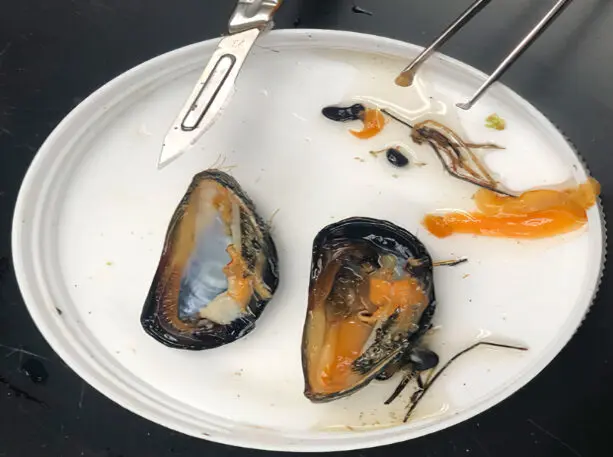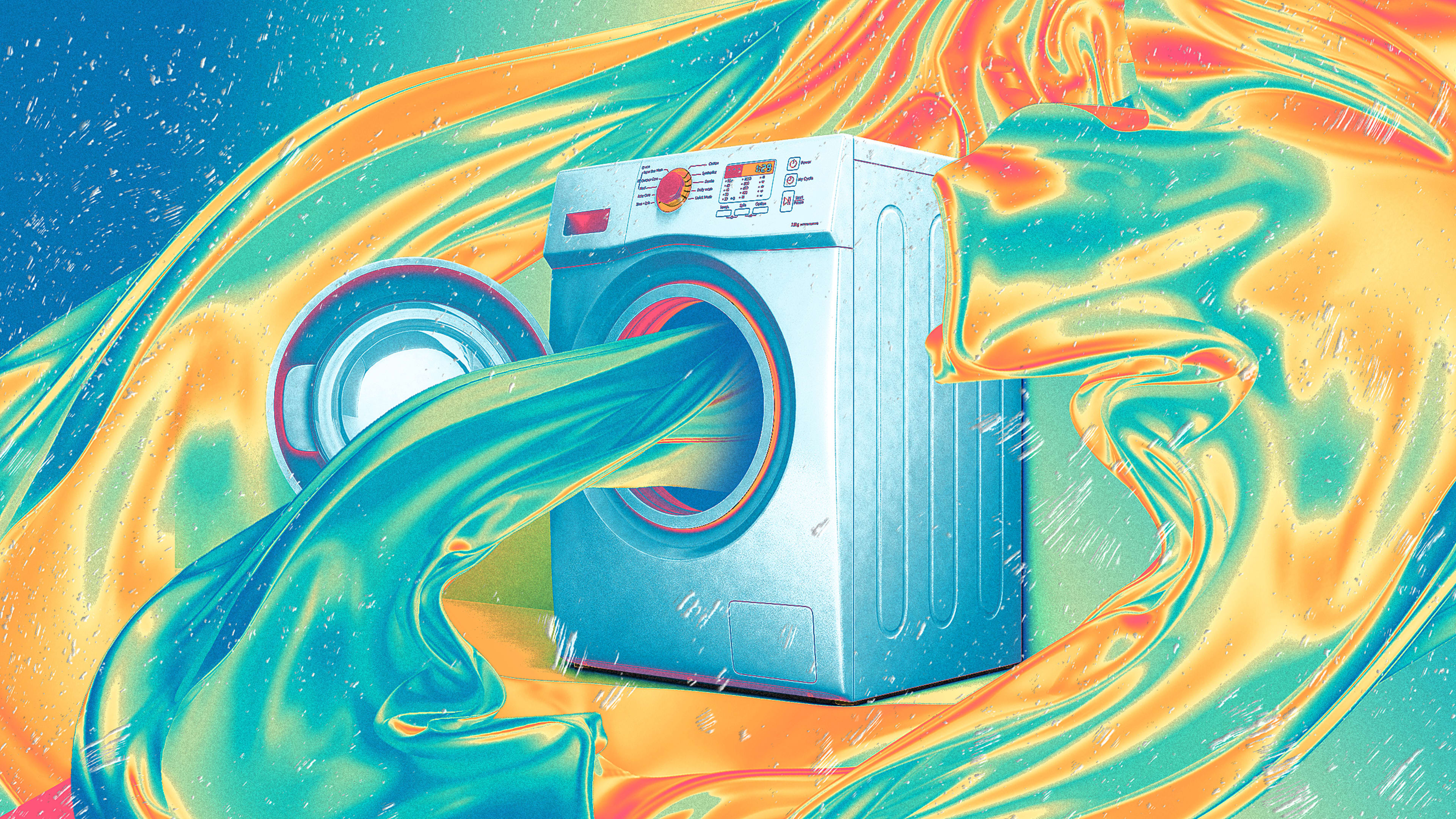Over the course of our climate-solutions season of the World Changing Ideas podcast, we’ve considered grand ideas like replacing petrochemicals with plant-based chemicals and converting methane into polymers for producing everyday goods. And while many of us want to help make a difference ourselves, most of us probably don’t have a chemical manufacturing plant at home.
But, most of us do laundry. We’re trained to wash fabrics at high temperatures to get out harsh stains. Yet, it’s estimated that 90% of energy that a washing machine expends goes into heating the water and that home laundries in the U.S. produce an estimated 179 million metric tons of CO2 every year. On our last regular episode of this season’s World Changing Ideas, we find out how simple cold washes could save energy while also reducing ocean pollution.
Last year, laundry detergent company Tide launched its #TurntoCold movement, in partnership with organizations like the NFL, WWF, and popular basic-apparel company Hanesbrands, whose packaging now contains calls-to-action recommending cold washing. Hanesbrands chief sustainability officer Chris Fox joined us to discuss what he called a “very simple ask.” Washing cold “will make more of an impact on the greenhouse gas emissions of the apparel than about anything else along the value chain,” he says. “So it really is that important.”
That means just turning the machine knob to “tap cold,” if available. “In other words, there hasn’t been any energy expended heating it beyond whatever that ambient temperature is,” Fox says. Contrary to our long-held beliefs, washing with hot water won’t get more stains out nor will it be more likely to eliminate germs, a fair consideration in the COVID-19 era.
If energy concerns don’t convince people, a more visceral one might: the fact that with every meal, we are consuming microfibers, tiny strands of synthetic, petroleum-based fibers, many of which shed from our clothes. Washing our clothes in warmer water might be releasing more fibers into the Earth’s water systems, explains Andrea Huvard, professor of biology at California Lutheran University, who runs a research lab on microfiber pollution. Hotter water (and longer cycles) loosen the fibers more. A single wash can emit 700,000 tiny fibers; an average North American household releases about 135 grams of microfibers yearly.
They’re extremely abundant. In Huvard’s lab, “we have yet to sample anything that doesn’t have microfibers in it,” she says. While they may not harm us as much as they do wildlife with less-developed digestive systems (“An albatross chick eating 17 water-bottle caps, 3 Bic lighters, and a Matchbox car [is] going to get an intestinal block and they’re going to die”), it’s going to get worse. “We may only eat 11 to 15 microfibers per oyster,” she says. “Well, in 20 years, maybe that’s going to be 150 microfibers per oyster. See where I’m going with this?”

For the rest of us, the push to washing cold may well be cost considerations, especially at a time of high inflation. Tide estimates that energy use for a wash load can drop by 90% by switching from hot to cold cycles, enough to power an American home for more than an hour; washing cold could also save up to $150 annually. The goal, Tide says, is to make a cold wash as ubiquitous as turning off lights when we leave a room. (Though there’s still a lot of work to do there. Only about 6 out of 10 of us turn off lights on a regular basis.)
Tune in next week for our recap of the season—and our standout highlights.
You can listen and subscribe to World Changing Ideas on Apple Podcasts, Google Podcasts, Spotify, Stitcher, or wherever you get your podcasts.
Recognize your brand’s excellence by applying to this year’s Brands That Matter Awards before the early-rate deadline, May 3.
